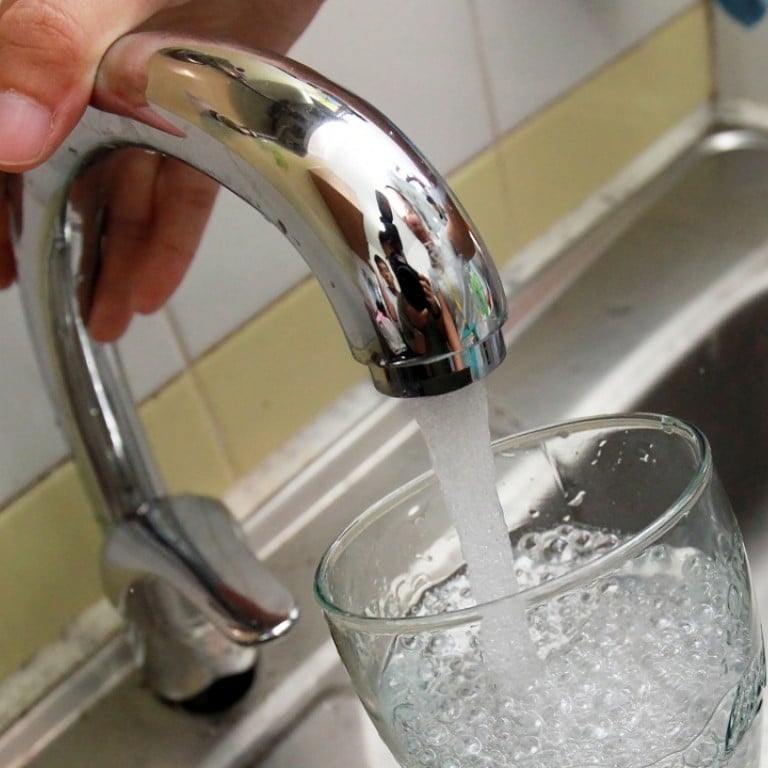Hong Kong Tap Water Safe Despite Black Specks: Officials Investigate Unusual Water Quality Issue
Residents of Queen’s Hill Estate in Fanling, Hong Kong, have recently encountered an unsettling water quality concern that has sparked both community anxiety and a comprehensive investigation by local authorities. Since last Friday, numerous households have reported the presence of mysterious black particles in their tap water, prompting immediate response and reassurance from water supply officials.
The Director of Water Supplies, Wong Yan-lok, has been quick to address public concerns, emphasizing that despite the unexplained nature of these black specks, extensive testing confirms the water remains completely safe for consumption. This statement aims to calm residents who might be worried about potential health risks associated with the unusual water appearance.
The Water Supplies Department has undertaken a rigorous investigation, conducting thorough system flushing and detailed laboratory analysis to understand the origin of these particles. While the exact source remains undetermined, experts are exploring several potential explanations. These include possible material degradation within the water supply system, though this seems unlikely given the estate’s recent construction, rubber seal fragments from internal piping, or external contaminants that might have entered through filtration systems.

Local residents have understandably been cautious, with many opting to purchase bottled water as a precautionary measure. Northern District Councillor Wu King-pang has been monitoring the situation closely, noting that while recent checks show improvement, some households continue to experience occasional black specks in their water.
Interestingly, this is not the first water quality challenge faced by Queen’s Hill Estate. Similar issues emerged shortly after residents initially moved in, which were previously addressed through enhanced filtration and systematic water system flushing. The current situation appears to follow a familiar pattern of proactive investigation and resolution.

Looking forward, the Water Supplies Department is collaborating with the Housing Department to implement a proactive solution. They are exploring the installation of advanced water quality sensors across public housing estates, which would enable early detection of similar issues in the future. This forward-thinking approach demonstrates a commitment to continuous improvement in water quality monitoring and management.
Authorities have been consistently clear about one crucial point: the black particles pose no known health risk and are classified as inert substances. As a precautionary recommendation, residents are advised to run their taps for several minutes before use, which can help flush out any potential particulate matter.
The ongoing investigation highlights the complex challenges of maintaining urban water infrastructure and the importance of transparent communication between water supply authorities and residents. While the presence of black specks might be alarming, the systematic and scientific approach taken by Hong Kong’s water management teams provides reassurance that public health remains the top priority.
For residents of Queen’s Hill Estate and others following this story, the key takeaway is one of cautious optimism. The water remains safe, investigations are ongoing, and authorities are committed to understanding and resolving the issue completely.













